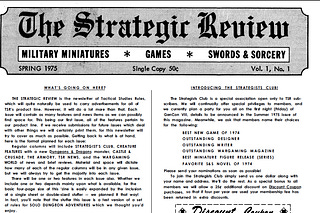
AD&D Alignment Shifts: Do Harsh Penalties Make the Cut?
Page 25 of the DMG gives some harsh penalties...
Changing alignment in a character is a serious matter, impacting experience levels, abilities, and possibly deities. Clerics face significant consequences, while druids lose their class entirely if their alignment shifts from neutral. Involuntary changes may be reversed with atonement and sacrifice. Players must understand that alignment changes require substantial moral commitment, and frequent changes lead to penalties, including loss of language skills and experience.
Highlights -🌀
Alignment Change Consequences: Altering alignment can lead to severe penalties for characters.
Clerics & Deities: Clerics may switch deities upon alignment change, affecting spells.
Druids Lose Class: Druids must maintain neutrality; otherwise, they cease to be druids.
Experience Loss: Characters lose a level upon voluntary alignment changes, including abilities.
Involuntary Changes: Magical or cursed changes can be reversed through sacrifice and atonement.
Gradual Shifts: Significant alignment changes require gradual adjustments in values.
Player Awareness: Players should not be informed of penalties to prevent strategic alignment swapping.
Key Insights -⚖️
Alignment as Identity: Alignment reflects a character’s core values and ethics, which should evolve through story, not convenience. Characters’ identities are deeply rooted, making frivolous changes unrealistic.
Experience and Consequences: Losing levels and abilities due to alignment shifts emphasizes the gravity of moral choices in gameplay, reinforcing that alignment is integral to character development.
Role of Clerics: Clerics’ reliance on their deity means their alignment changes can drastically alter their gameplay and character arc, highlighting the importance of commitment to a moral path.
Druidic Neutrality: The unique nature of druids showcases how alignment dictates class identity, enforcing rules about balance with nature that must be respected.
Atonement Mechanics: The need for atonement and sacrifice shows the weight of moral decisions, teaching players that actions have lasting repercussions in their character’s journey.
Communication Barriers: The loss of alignment language during transitions signifies the deep-rooted connections characters have to their ethics and beliefs, complicating interactions with allies and foes.
Strategic Gameplay: By withholding penalties, the game encourages players to think critically about their choices and consider the long-term impact of their characters’ actions rather than seeking immediate benefits.






